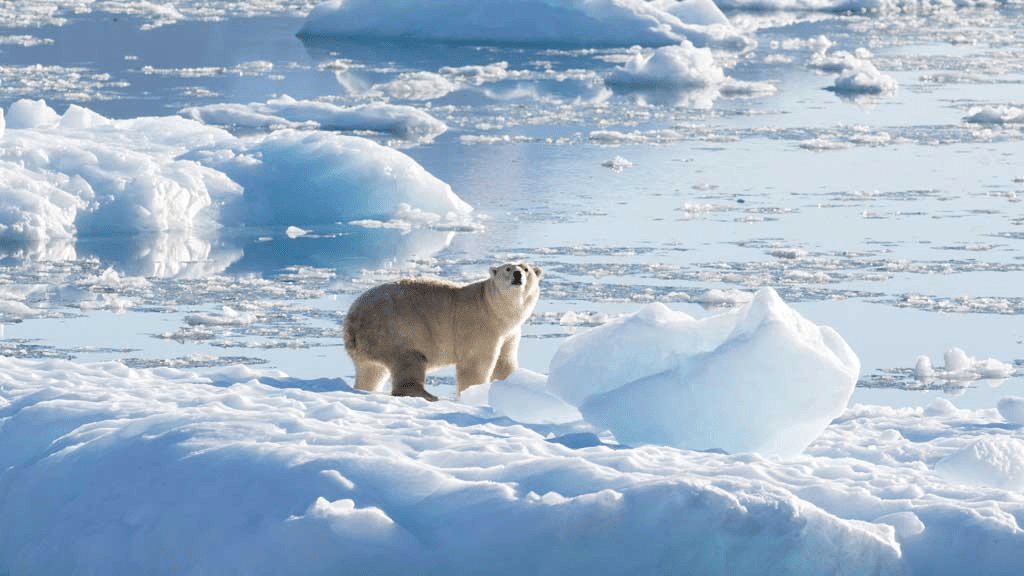Climate risk moves from science briefings into defense strategy
Iceland has become the first country to formally classify a climate-related risk—a potential disruption of major Atlantic ocean currents—as a national security threat. The move responds to warnings that rapid Arctic warming and fresh water pouring into the North Atlantic from melting glaciers and Greenland’s ice sheet could weaken or even collapse the Atlantic Meridional Overturning Circulation, a system of currents that helps regulate temperatures in Europe. Officials fear that such a shift could make winters far harsher across the continent and disrupt rainfall patterns that underpin farming in parts of Africa, India and South America. Reykjavik’s decision sends a signal that climate science is no longer confined to environment ministries, but is now shaping how countries talk about defense, resilience and emergency planning. (Reuters)
Iceland’s climate minister has urged other governments to fold similar risks into their own security planning, arguing that infrastructure, food imports and migration pressures will all be affected if ocean circulation changes sharply. The announcement comes as delegates gather at the COP30 summit in Brazil, where discussions have focused on how to pay for climate adaptation in vulnerable countries and how quickly the world can scale back the use of fossil fuels. In that context, Iceland’s stance offers a concrete example of a rich nation acknowledging that climate damage threatens its own core interests, not just those of far-away island states. It also raises questions over whether military and intelligence agencies in other countries are properly tracking the geopolitical implications of climate-driven shocks.

Climate politics meet energy reality at COP30
The national security framing lands at a time when climate diplomacy is being pulled in several directions. Some leaders at COP30 argue that putting climate in security language could unlock new funding and coordination tools, since defense budgets are often larger and more flexible than environment spending. Others worry it could justify securitized borders or heavy-handed policing of affected communities instead of focusing on emissions cuts and justice for those already facing the harshest impacts. At the summit, Indigenous leaders from the Amazon and elsewhere have criticized the slow pace of forest protection and demanded stronger guarantees that their land rights will be respected as part of climate deals.
Meanwhile, energy market projections underscore how hard the transition will be. The International Energy Agency expects demand for oil and gas to continue rising through mid-century, even if growth slows, reflecting how deeply fossil fuels are embedded in the global economy. That tension—between scientific warnings of systemic risk, political resistance to rapid change and financial interests in existing infrastructure—runs through many debates in Belém. Iceland’s decision to treat melting ice as a security issue does not fix that contradiction, but it may push other governments to stop treating climate as a distant environmental problem and instead plan for it as a force reshaping economies, borders and daily life.

 TPW DESK
TPW DESK 








